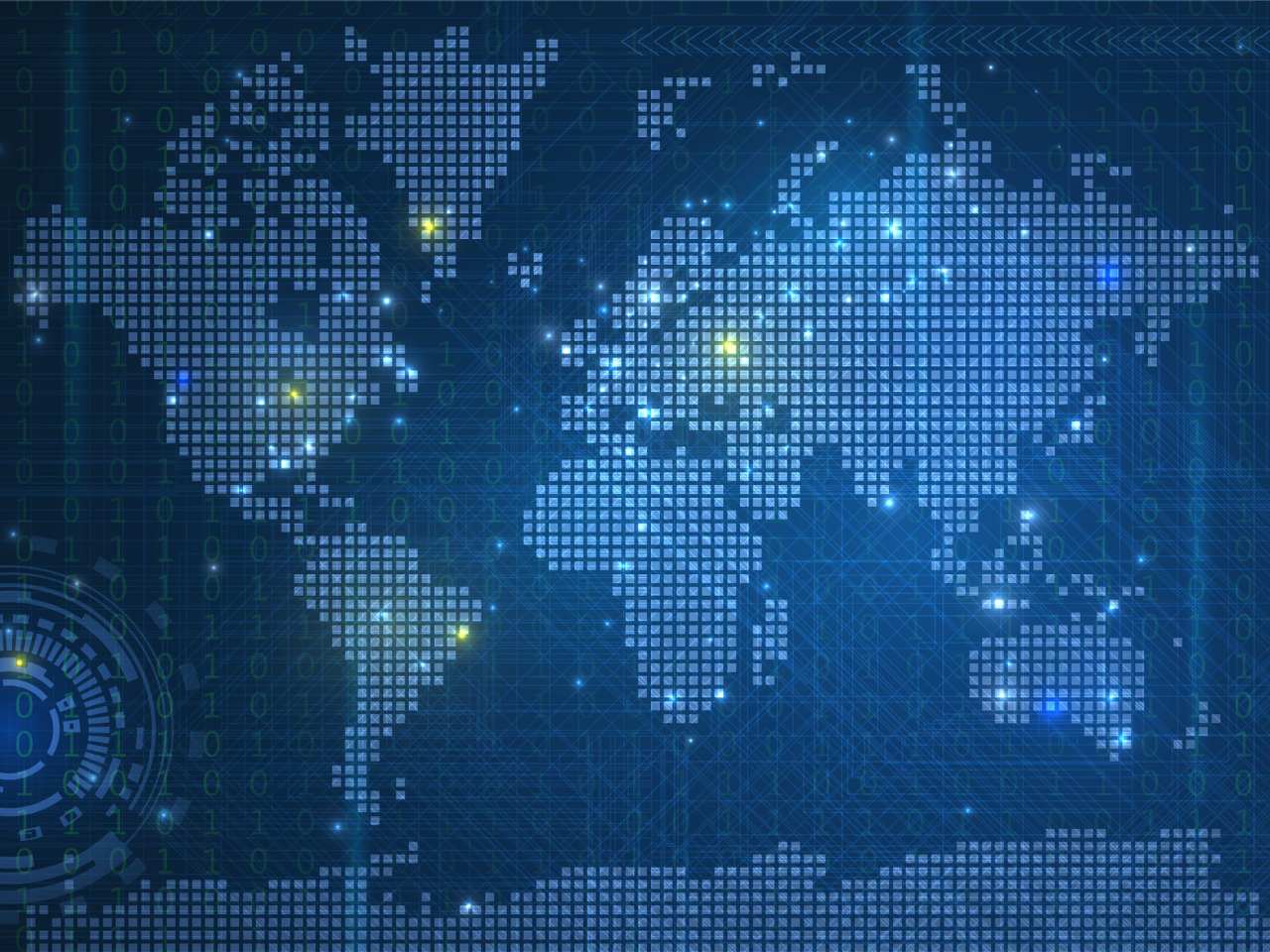
[ad_1]
The open invitation of the Central Intelligence Agency (CIA) to the disgruntled Russians to hitch it as spies could possibly be interpreted because the admission of arguably the best-endowed spy community of the world that its coverage of coping with Moscow to date was insufficient.
Powered By Su-35 Fighters, Russia Is ‘Winning In Air,’ But Ukrainians Are Leading On Ground – Ex-US Navy Admiral
Argentina Puts India’s LCA Tejas On Backburner; Starts Evaluating US-Origin F-16 Fighting Falcons In Denmark
But will recruiting Russians as American spies work on this cyber age? The reply could show troublesome, given the rising significance of expertise, not manpower, within the success of intelligence gathering.
Last week, CIA Director of Operations David Marlowe famous that Russian President Vladimir Putin’s failure to realize his navy and safety targets within the nine-month invasion of Ukraine had given the CIA a precious recruitment opportunity.
“Putin was at his best moment the day before he invaded because he had all the coercive power that he’s ever gonna have,” Marlowe mentioned at a tutorial panel dialogue at George Mason University’s Hayden Center in Fairfax County, Virginia.
Marlowe advised the viewers that Putin was “at his best moment the day before he invaded [Ukraine]” as a result of he had “all the power that he is ever going to have. But he squandered every single bit of that,” earlier than including: “We’re looking around the world for Russians who are as disgusted with [Putin’s actions] as we are. Because we’re open for business.”
Marlowe’s feedback have been first reported by The Wall Street Journal, which identified similarities to feedback from former senior CIA officers, who’ve mentioned that disaffection with the battle in Ukraine has offered fertile floor for recruiting disgruntled navy officers, oligarchs who the battle has financially impacted, and those that have fled the nation.
Now, the video of the entire debate can also be freely accessible.
Reportedly, greater than 400,000 Russians are believed to have left Russia within the months following Putin’s choice to invade Ukraine in February. The Kremlin estimated an additional 700,000 Russians to have left the nation within the two weeks since Putin declared the “partial” mobilization of reserves in mid-September.
The Many Failings Of The CIA
But then, seen traditionally, the CIA doesn’t have a wonderful file when assessing Russia or the Soviet Union in the course of the Cold battle. For occasion, it had didn’t warn of the primary Soviet atom bomb (1949), anti-Soviet risings in East Germany (1953) and Hungary (1956), and the dispatch of Soviet missiles to Cuba (1962).
Many American pundits have identified how the CIA had not even precisely predicted the sudden disintegration of the Soviet Union (the USSR) in 1991. In latest occasions, the CIA didn’t predict the Russian annexation of Crimea in 2014.
Nor, for that matter, might it cease what the Americans, notably the supporters and activists of the Democratic Party, alleged Russian disinformation forward of the 2016 Presidential election.
Given this file, consultants have identified that so far as Moscow is concerned, the CIA generally overplays Russian capacities and generally underplays them. Its greatest job in Moscow was in 1962, when intelligence collected by U-2 spy planes gave President John F Kennedy the time and proof he wanted to compel the Soviet Union to take away nuclear weapons from Cuba with out sparking a nuclear battle.
It could also be famous that intelligence has at all times been an important a part of warfare and statecraft. During wars, good intelligence helps save lives and facilitates wins by anticipating the enemies’ subsequent strikes and understanding their intentions, plans, and capabilities.
And throughout peacetime, intelligence helps leaders make higher choices by stopping miscalculations and offering well timed insights into threats and alternatives.
Viewed thus, the CIA has a blended file. And when one talks of file, it’s not solely the intelligence gathering for which the CIA was primarily based (on September 18, 1947, by President Harry S Truman) but in addition for covert actions, usually flouting US home and worldwide legal guidelines. These covert operations overseas concerned violence, kidnapping, and killings.
They additionally included “buying elections” in nations like Japan, France, and Italy below the pretext of defending democracy. The CIA even sponsored coups in Guatemala, Iran, Syria, and Iraq, the place a Baath Party chief boasted in 1963, “We came to power on an American train.”
At the identical time, nevertheless, it has additionally failed miserably in its operations in nations akin to Cuba, Vietnam, Chile, and Indonesia. Even the CIA’s evaluation was fallacious— as with assessments of Saddam Hussein’s weapons of mass destruction packages earlier than the Iraq battle.
But then, intelligence is, by nature, an unsure enterprise that includes piecing collectively fragments of details about adversaries who’re intent on denial and deception. And this intelligence-gathering now wants each human brokers and technical strategies. Technological improvements are actually extra vital challenges.
From biotechnology and nanotechnology to quantum computing and synthetic intelligence (AI), speedy technological change is giving US adversaries new capabilities and eroding conventional US intelligence benefits. That explains why many Americans surprise how their “intelligence agencies missed Russia’s most important tool: the weaponization of social media.”

Downsides Of Cyber Revolution
The “cyber revolution” has exploded open-source info (connecting extra good units ever to the Internet), which, in flip, has made even the categorized info gathered by the companies just like the CIA susceptible to America’s adversaries.
For occasion, the WikiLeaks anti-secrecy group posted practically 9,000 paperwork and information dated 2013-16 in what it mentioned was the primary style of a “vault” of CIA secrets and techniques. WikiLeaks claimed that the archive was offered by a former American authorities hacker or contractor desirous to “initiate a public debate” concerning the safety and democratic management of cyber weapons, viruses, and malware.
Another drawback attributable to cyber-revolution is the straightforward move of data from anybody about something (only a swipe or a click on away). This info reaches the policy-makers with out vetting or evaluation, elevating thus the chance of their untimely judgments as a substitute of ready for slower-moving intelligence assessments that rigorously contemplate supply credibility and supply different interpretations of breaking developments.
Intelligence Moved From ‘Files’ To ‘Google Earth’
In her new guide, Spies, Lies, and Algorithms: The History and Future of American Intelligence (Princeton University Press, 2022), Amy Zegart, a Stanford scholar, describes what’s at stake in the way forward for American espionage as expertise quickly adjustments and transforms all points of presidency and society.
She writes, “intelligence is not shrouded in categorized information at Langley; it’s discovered on-line in public areas like Google Earth, the place anybody can uncover authorities secrets and techniques hidden in plain sight.

For instance, due to the 1000’s of satellite tv for pc photos available, Stanford students – not particular brokers with safety clearances – have been capable of sleuth out nuclear packages in Iran and North Korea.”
Today, anyone with a cellphone and an web connection can acquire or analyze intelligence, Zegart argues, including, “What that means is that superpower governments no longer control the collection and analysis of intelligence like they used to in the Cold War. It’s a different enterprise today.”
She advises that intelligence companies should steadiness the benefits and downsides that new applied sciences, like synthetic intelligence, quantum computing, and social media, supply to collect intelligence worldwide.
“These instruments have unimaginable potential, however in addition they have limits and dangers. For instance, when detecting nuclear threats from a international menace, counting on synthetic intelligence to tell evaluation is just not sufficient.
“Imagine going to the president and saying, ‘Mr. President, we think China will likely invade Taiwan because that’s what the AI tells us.’ It’s not so compelling, right? An analysis isn’t just about data. It’s also an act of persuasion,” Zegart provides.
According to her, what is required now could be a brand new mindset about how the intelligence neighborhood thinks about categorized info. “We need to fundamentally reimagine what intelligence can and should do in a digital era, and that starts by realizing that secrets don’t play the role they used to.”
Viewed thus, if the CIA needs to evaluate Russia higher, extra essential is an evaluation primarily based on America’s technological penetration of Moscow moderately than recruiting Russians as spies.
- Author and veteran journalist Prakash Nanda has been commenting on politics, international coverage on strategic affairs for practically three a long time. A former National Fellow of the Indian Council for Historical Research and recipient of the Seoul Peace Prize Scholarship, he’s additionally a Distinguished Fellow on the Institute of Peace and Conflict Studies.
- CONTACT: prakash.nanda (at) hotmail.com
- Follow EurAsian Times on Google News
[adinserter block=”4″]
[ad_2]
Source link